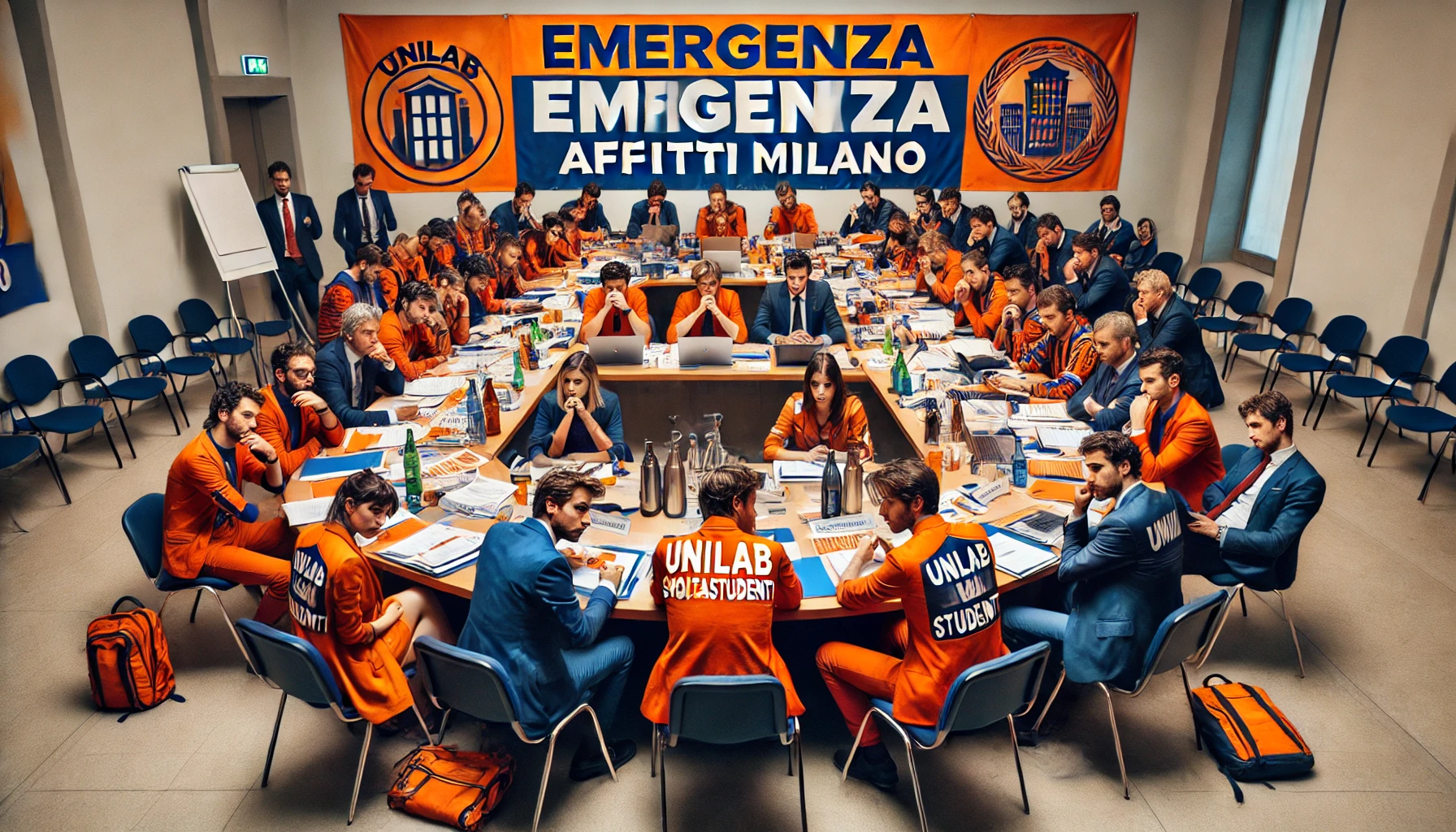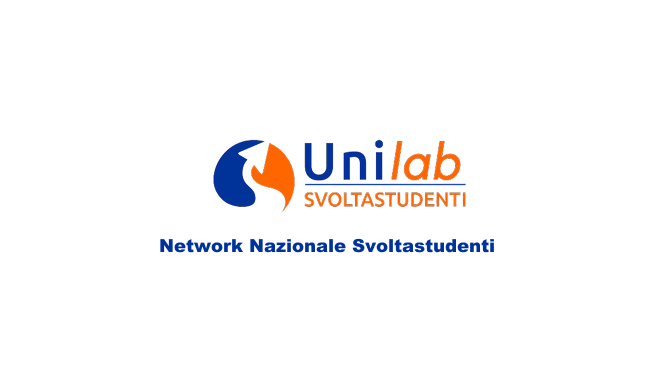The Polytechnic has embarked, again, on the path of innovation. This time he decided to engage in the project "Green Technologies and Smart Infrastructures".
But what does it consist of?
The MUR has decided to include in the three-year programming some indicators that measure the initiatives carried out in the direction of the creation of expert engineers in the field of green technologies and smart infrastructures. The project (in which 8 universities participate) is aimed at responding to strategic needs for the country and intercepting the priorities of the European Commission.
How is it proceeding?
At the moment we intend to make a selection of the courses that can potentially enjoy this "update" (momentarily we have only talked about LM, but in the future LT can also be added).
Once the courses have been selected, it will be decided how to use the funds, in order to guarantee students, who finish their studies, a sort of "certification sticker" as an expert in these sectors.
Once the courses have been selected, it will be decided how to use the funds, in order to guarantee students, who finish their studies, a sort of "certification sticker" as an expert in these sectors.
Some (non-definitive) alternatives have been proposed:
- Guarantee at least 30 credits within the 120 provided for by the LM relating to the green or smart area
- If the first proposal is not possible, we could think of adding additive credits related to the issues under discussion.
- The student adds to his standard program, a so-called Honours Program (already active at the Polytechnic) of 20 additional credits including courses in various fields (environmental, energy, etc.)
- Think of a "mini master" after the LM diploma lasting one semester to reach the required 30 credits. The entire semester will focus on green/smart issues. The "mini masters" will not be hooked to precise study paths with a view to transversality.
The project could be activated as early as the Academic Year 2021/2022.
Once again the Polytechnic could offer an opportunity to its students (Noi) to enter, even more easily, in the world of work, but, mainly, to respond to the problems that are becoming increasingly central: environment and technological development.




